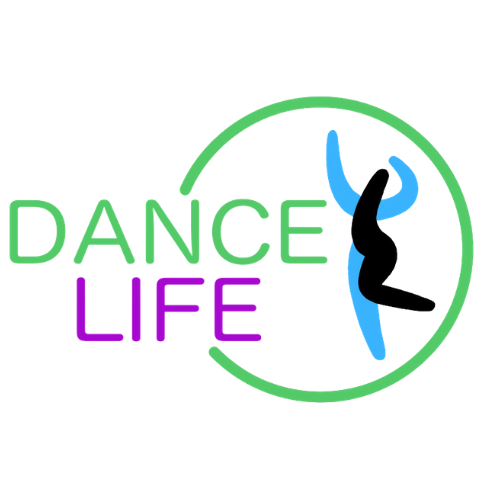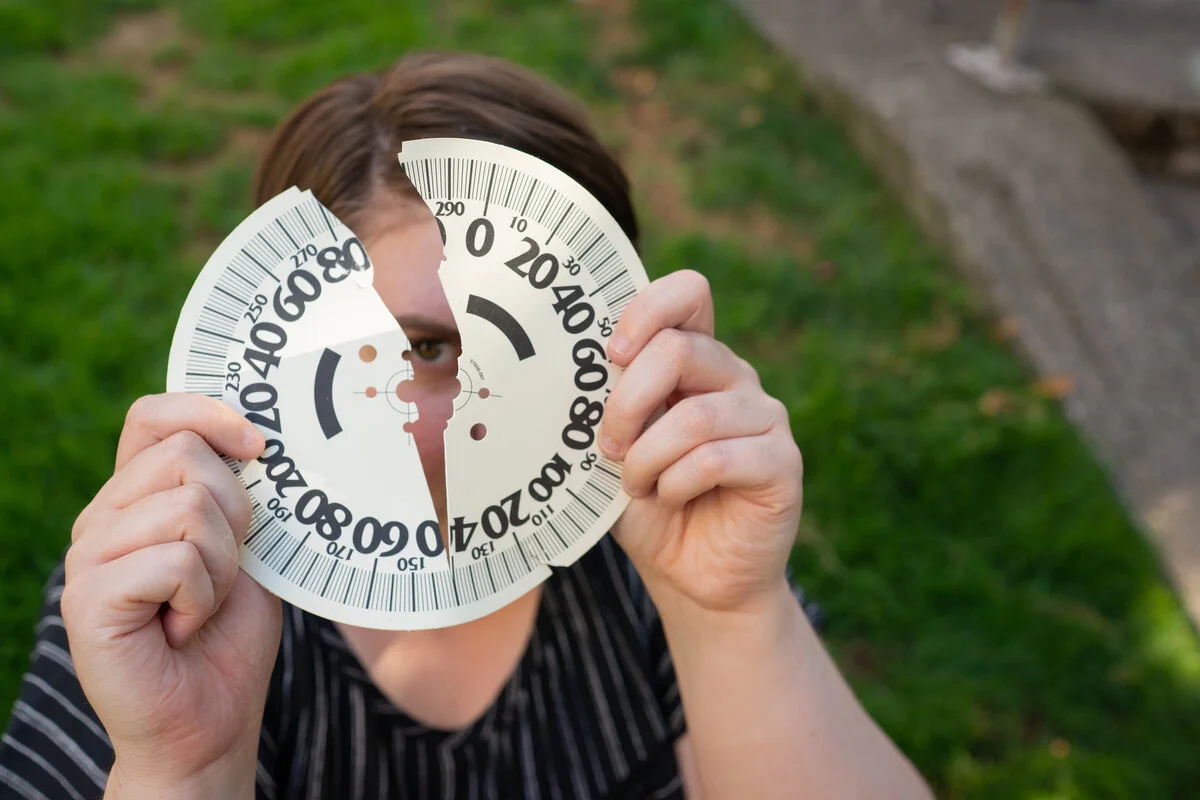HAES Approach- What’s The Science?
by Arielle Juliette. Approx. 5 min read
Hey friends!
Welcome to May’s edition of the Dance Life blog! I have a very well-researched article from RD Christy Harrison that I’d like to share with you. If you like the message of Health At Every Size but are concerned that this movement isn’t based in science, then this may be the article for you.
Haven’t heard of HAES? Let me tell you a little about it!
HAES is a social justice movement to create an inclusive and respectful community, and support people of all sizes in finding compassionate ways to take care of themselves. It helps us recognize that health outcomes are primarily driven by social, economic, and environmental factors, requiring a social and political response, and supports people of all sizes in adopting healthy behaviors, while also acknowledging that health is oftentimes not within our control, and that those deemed “unhealthy” still deserve respect, dignity, and the highest quality medical care.
Some of the main components of HAES include:
Celebrating body diversity and understanding that humans naturally exist on a bell curve in every way, including from very small bodies to very large bodies.
Honoring and acknowledging our differences in size, age, race, ethnicity, gender, dis/ability, sexual orientation, religion, class, and other human attributes.
Challenging the cultural and scientific assumption that fatness is inherently unhealthy and a disease.
Demonstrating through science that focusing on health outside of weight- moving joyfully, eating a variety of foods in a flexible and attuned manner, stress reduction, sleep quality, seeking and receiving evidence-based healthcare, strong social support networks, and most importantly a strong focus on mental heath, just to name a few- and reducing weight stigma and weight cycling can have incredible and long-term benefits no matter what size a person currently is.
Ready to dive into it? With permission from Christy's team, I'd like to share my favorite excerpts with you. If you like this, I highly recommend signing up for her newsletter, listening to her podcast Food Psych, and/or checking out her book, Anti-Diet. https://christyharrison.com/book-anti-diet-intuitive-eating-christy-harrison I love Christy Harrison’s work, and through her podcast Food Psych, I’ve been exposed to many more professionals in her arena who are working towards Health At Every Size.And Anti-Diet is exactly as groundbreaking as so many reviews have claimed it to be!
As an aside, when I contacted to ask for permission to share this newsletter, one of Christy's team had this to say in their reply:
"Also, keep up the great work! A member of the admin team here lives in Madison and praises your studio's explicit size inclusivity and fat positive / HAES-aligned messaging on your socials. What a valuable resource your students have in you!" -Julianne
EEEEEEEE! This means so much to me, to be on the radar of a team of this magnitude. Just wanted to share my excitement with you all!
Anyway, on to the stuff. Each week, Christy answers a question from a reader, and this was the question of the week from Rebeccah:
"Hi Christy. First of all, thank you. I’ve never had an eating disorder but as a plus-sized woman I have had lifelong struggles with body shame and lack of self confidence. Your podcast (among other things) has helped me feel better about my worth and stop planning for a future when “I’ll be skinny and finally do what I want.”
However, I’m having an issue because I’m a data-driven person, and to be blunt, the anti-diet HAES approach is not a unanimous consensus in the healthcare community. When I google these topics I see a lot of scientists and doctors pushing back, advocating exercise/weight loss for various issues, and stating bluntly the health risks of obesity. This makes me worried that anti-diet sentiment is essentially a conspiracy theory, like being anti-vaccine, where there are fringe groups for it but everyone else knows they are wrong. How do I know I’m not risking my health for a conspiracy theory?"
I don't know about you, but I definitely felt this way the first time I heard about HAES. It was such a polar opposite from everything I had heard from doctors and public health, school, and media at large. I thought there was no way it could be true, that it was excusing lazy behavior or telling people dangerous lies. Turns out, that was just fatphobia and anti-fatness that was embedded in me by our culture of body hierarchy. Registered Dietitians are the professionals who receive the most training on nutrition science of all the healthcare professionals, and so many of them are turning to the HAES weight-neutral paradigm. Over the past four years, I've heard from hundreds of dietitians who have worked with thousands of clients, and this approach works. Here's a little snippet of what Christy had to say in response to Rebeccah:
"All of the HAES clinicians I know came by their approach honestly, having started out in the traditional weight paradigm and only changing their views when presented with strong evidence. To wit, numerous papers supporting the HAES approach and pointing out the harmful unintended consequences of weight-management efforts (including weight stigma, weight cycling, and disordered eating) have been published in multiple reputable scientific journals by researchers from various disciplines (CW: weight-stigmatizing language, weight and BMI numbers). The same is true of intuitive eating, which is the “anti-diet” aspect of the HAES approach that deals with food and nutrition: There are now dozens of studies showing the value of intuitive eating in various populations, including a recent one in people with diabetes.
Although these scientific papers challenging the weight-centric paradigm have certainly sparked debate, I’ve never seen a single one get retracted. What’s more, to my knowledge no HAES clinician or researcher has ever had their license suspended or revoked because of their views on weight (or for any other reason that I know of). Even if the HAES approach is somewhat outside the mainstream, it’s supported by ethically and scientifically sound evidence—and by the lived experience of countless people who’ve found healing through HAES.
In fact, mainstream support for HAES has continued to grow over the years, and today it seems more widespread than ever. For example, a recent report by a multi-partisan committee of the U.K. House of Commons (the British equivalent of the U.S. House of Representatives) recommended that Public Health England stop using body-mass index (BMI) as a measure of individual health, and instead adopt a HAES approach within 12 months. “BMI should be abandoned as a measure and all GPs and health professionals should receive training on Health At Every Size,” the committee writes. “The Government’s latest Obesity Strategy is at best ineffective and at worst perpetuating unhealthy behaviours” like disordered eating and weight stigma.
Getting that proposal through will likely be an uphill battle, given the entrenchment of diet culture in the U.K. (and pretty much the whole Westernized world). That’s not a conspiracy theory, it’s reality: the diet industry is big business, worth some $70-odd billion in the U.S. and roughly 10 times that worldwide, and cultural weight stigma is rampant. There’s legitimate reason to challenge that industry and culture, but it’s not easy to change established views. The same has been true for many of the genuine scientific debates that have come before."
Christy goes on to talk about the history of our understanding of peptic ulcers, which up until the 90s were thought to be caused by stress. It turns out that H. pylori plays a huge role, but mainstream gastroenterologists remained dismissive until one of the main scientists infected himself with H. pylori to prove his point. This muv ended up winning a Nobel Prize in 2005 for it!
Christy concludes by saying,
"It remains to be seen whether and how a similar consensus might be reached around HAES and weight science (and whether any Nobel Prizes will be given out). But in the meantime, I’m confident in my choice to use a HAES approach, and in the “conventional thinking” that led me to that decision—one of the few contexts in which I’m happy to be called a conventional thinker. Thanks again for this question, Rebeccah, and I hope this helps you feel more secure in adopting an anti-diet, HAES approach to well-being."
I share Christy's confidence, and HAES has been the only thing that truly helped my body image, my confidence, and my relationship with food. I hope that if it's something that resonates with you, that you can find the same kind of healing I have!
Sending warmth,
Arielle
If you have any questions about this article, or a question/topic for the next blog post you'd like to see covered, please don't hesitate to write me and let me know!

